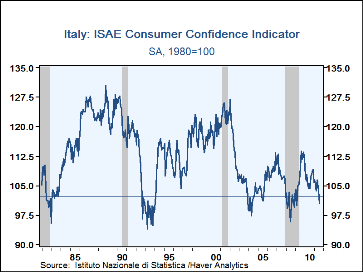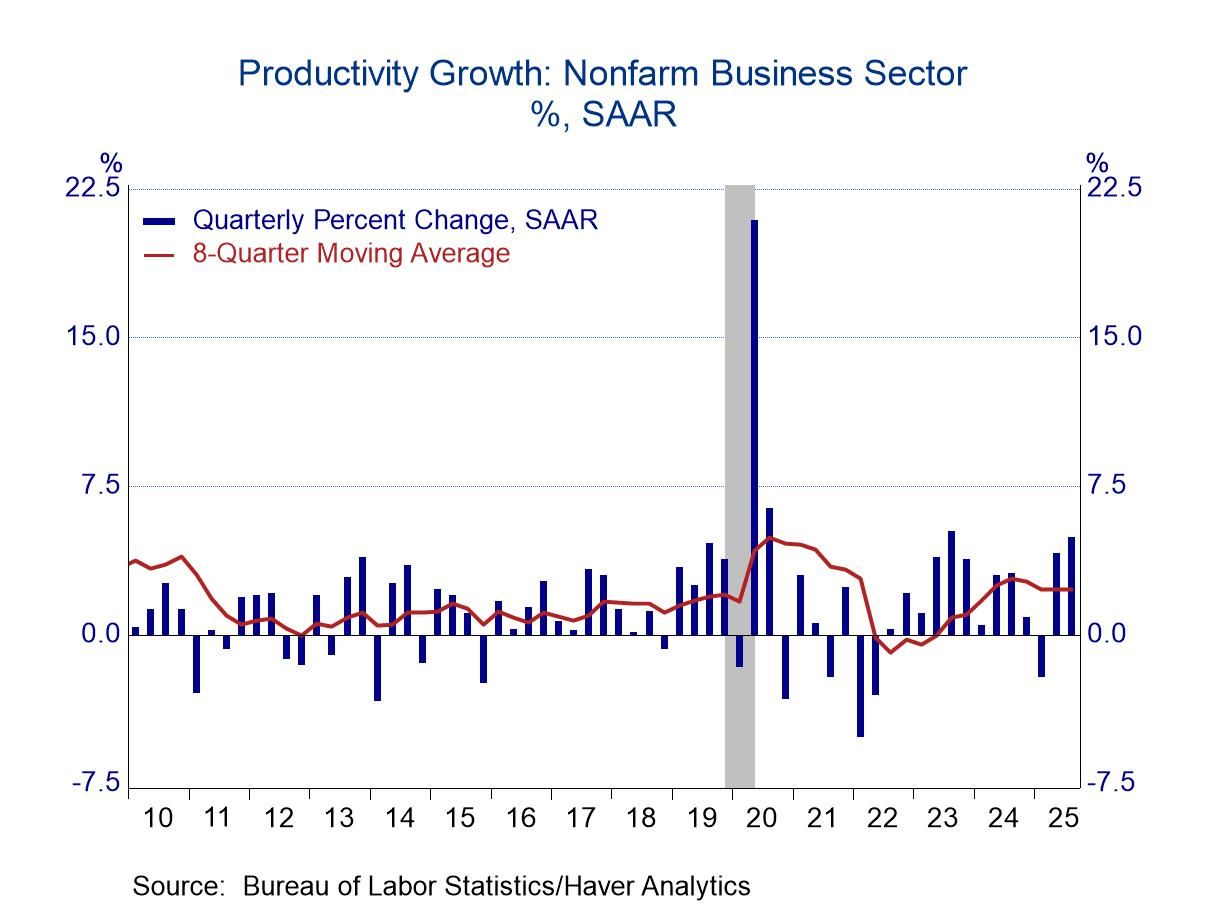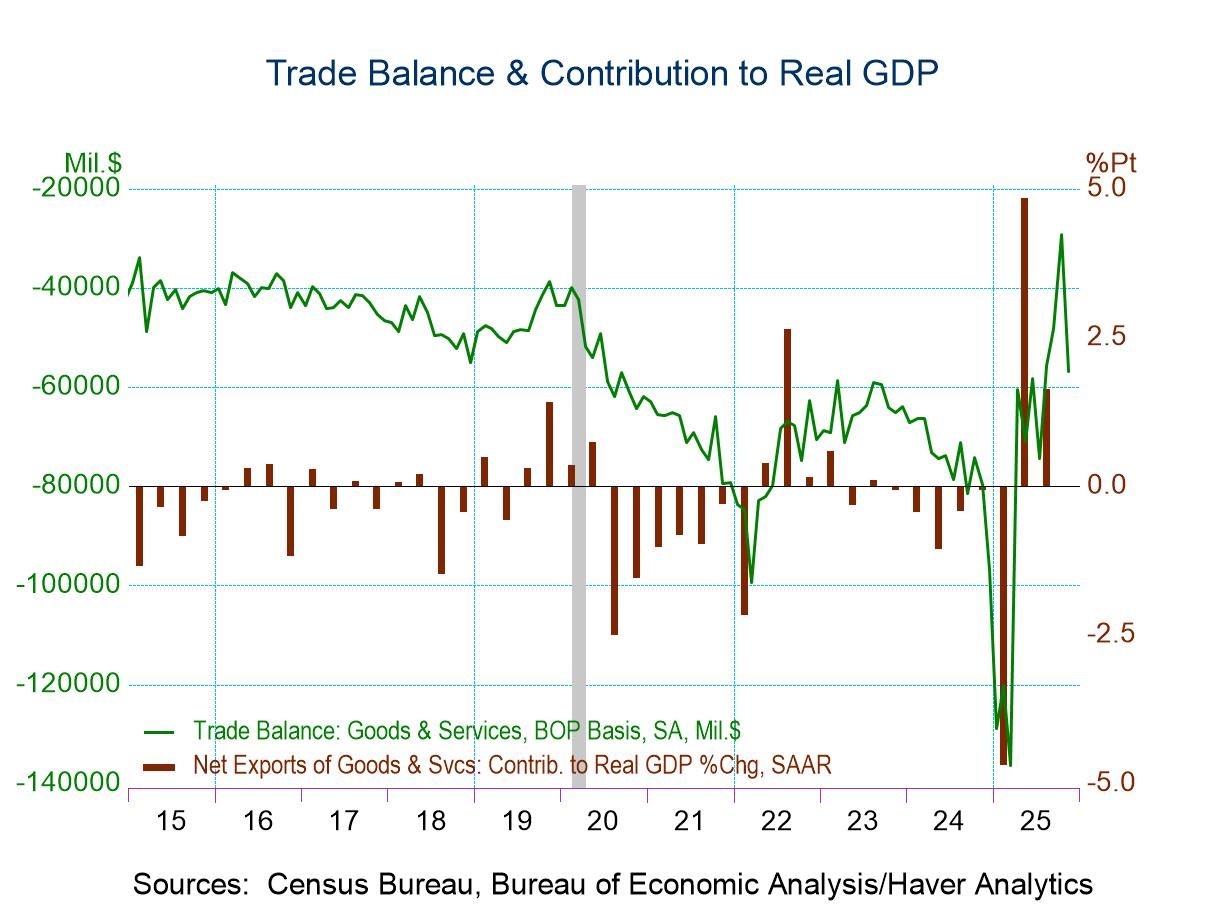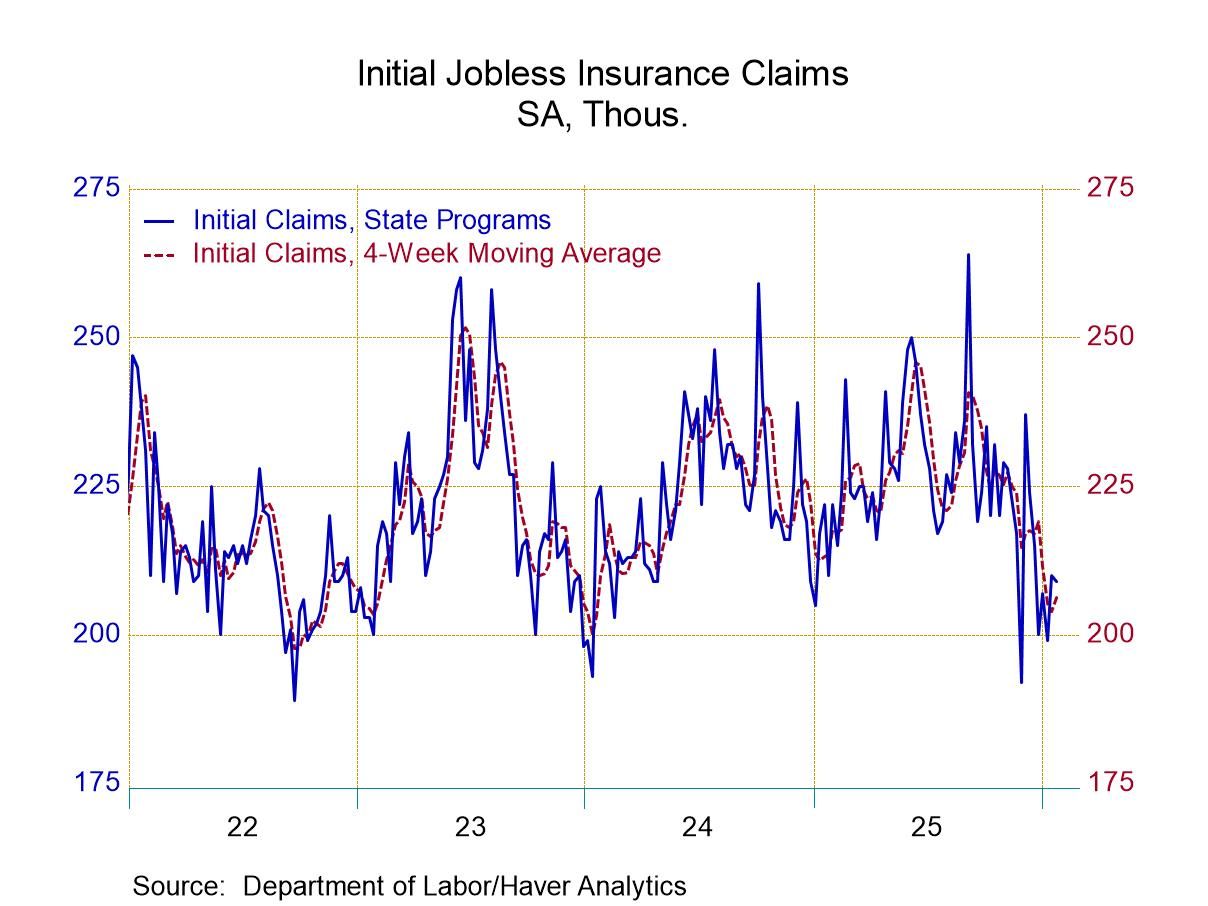 Global| Aug 29 2011
Global| Aug 29 2011Italian Confidence Still Hitting The Skids-Hard
Summary
The Italian index of consumer confidence from ISAE fell hard this month and shows a continuing unraveling in confidence. Yet the overall situation for the last 12-months, at first glance, does not seem too bad. Even at a raw score of [...]
 The Italian index of consumer confidence from ISAE fell hard this month and shows a continuing unraveling in confidence.
The Italian index of consumer confidence from ISAE fell hard this month and shows a continuing unraveling in confidence.
Yet the overall situation for the last 12-months, at first glance, does not seem too bad. Even at a raw score of minus 40 it stands in the 85th percentile of its range and in the 68th position in its rank of historic observations. In other words the past situation has been stronger than this only 38% of the time; its peak reading is only about 15% higher.
But if we explore other metrics in the table we find the real problem quickly. The problem is with expectations. Over the next 12-months the overall situation is ranked in the bottom 10% of all observations; its raw standing, a value of -27, is in the bottom 13% of its range. Consumer's assessments of the future compared to the past have turned abruptly.
The unemployment assessment for the coming twelve months is only worse than its current standing five percent of the time. In the coming twelve months, Italian households assess their own budgets as only worse than their current position 15% of the time. These are highly distressed readings.
Household's financial situations, assessed at a moderate 68th percentile over the past 12-months, are down to a bottom ten percentile assessment over the coming twelve months. Household savings, a top 12% occurrence in historic comparison over the past twelve months, have plunged to a bottom 8% assessment over the coming twelve months.
It is not surprising therefore that the consumer confidence overall measure stands in the bottom 14% of its range and is in the bottom 6 percentile of its ranked queue of historic results (worse than its current level only 6% of the time...). That means, of course, that consumers on balance feel worse than this about 6% of the time. And it you look at the frequency of recession we are talking about comparisons with recession periods for the most part. In addition the 3.4 point drop in the monthly index puts it in the bottom 11% of measures of month-to-month changes. Italy is suffering not just a very weak reading but one that is deteriorating rapidly. This is a matter for concern in the Euro-Area's third largest economy.
| Italy ISAE Consumer Confidence | |||||||
|---|---|---|---|---|---|---|---|
| Since 1993 | Rank | ||||||
| Aug-11 | Jul-11 | Jun-11 | May-11 | %ile | Rank | %ile | |
| Consumer Confidence | 100.3 | 103.7 | 105.7 | 106.4 | 14.2 | 200 | 6.1% |
| Last 12 months | |||||||
| Overall Situation | -40 | -47 | -41 | -41 | 85.0 | 68 | 68.1% |
| Next 12months | |||||||
| Overall Situation | -27 | -32 | -17 | -17 | 13.6 | 190 | 10.8% |
| Unemployment | 20 | 17 | 15 | 16 | 69.5 | 10 | 95.3% |
| Household Budget | 4 | 0 | 3 | 2 | 21.6 | 180 | 15.5% |
| Household Fin Situation | |||||||
| Last 12 months | -29 | -29 | -29 | -28 | 52.2 | 79 | 62.9% |
| Next12 months | -12 | -13 | -9 | -12 | 33.3 | 192 | 9.9% |
| Household Savings | |||||||
| Current | 62 | 63 | 61 | 62 | 70.0 | 24 | 88.7% |
| Future | -35 | -39 | -27 | -29 | 30.2 | 194 | 8.9% |
| Major Purchases | |||||||
| Current | -47 | -34 | -33 | -29 | 34.7 | 134 | 37.1% |
| Total number of months: | 213 | Back to Dec-93 | |||||
Robert Brusca
AuthorMore in Author Profile »Robert A. Brusca is Chief Economist of Fact and Opinion Economics, a consulting firm he founded in Manhattan. He has been an economist on Wall Street for over 25 years. He has visited central banking and large institutional clients in over 30 countries in his career as an economist. Mr. Brusca was a Divisional Research Chief at the Federal Reserve Bank of NY (Chief of the International Financial markets Division), a Fed Watcher at Irving Trust and Chief Economist at Nikko Securities International. He is widely quoted and appears in various media. Mr. Brusca holds an MA and Ph.D. in economics from Michigan State University and a BA in Economics from the University of Michigan. His research pursues his strong interests in non aligned policy economics as well as international economics. FAO Economics’ research targets investors to assist them in making better investment decisions in stocks, bonds and in a variety of international assets. The company does not manage money and has no conflicts in giving economic advice.






